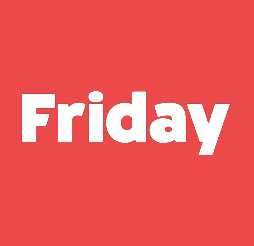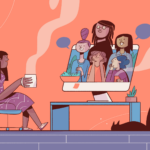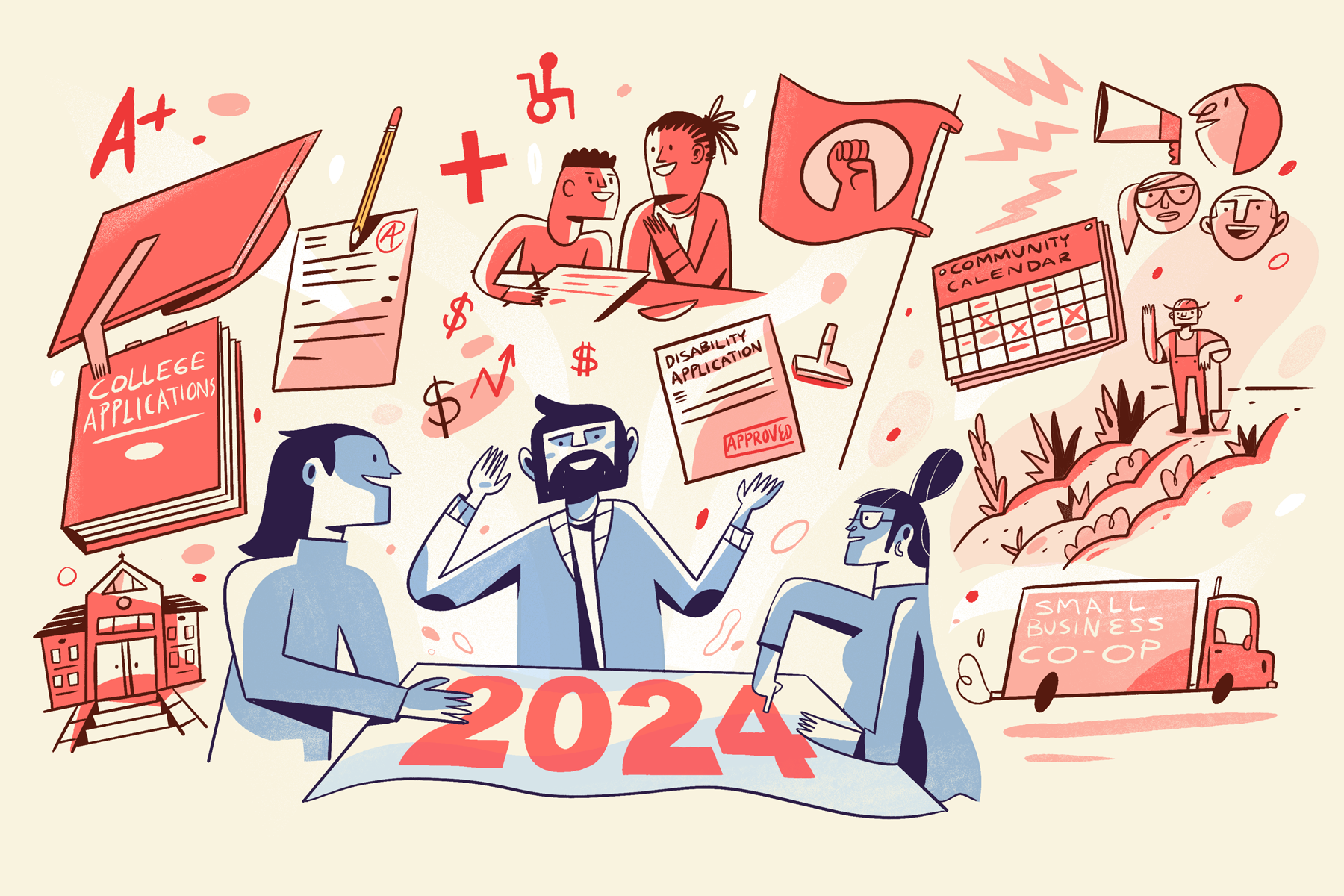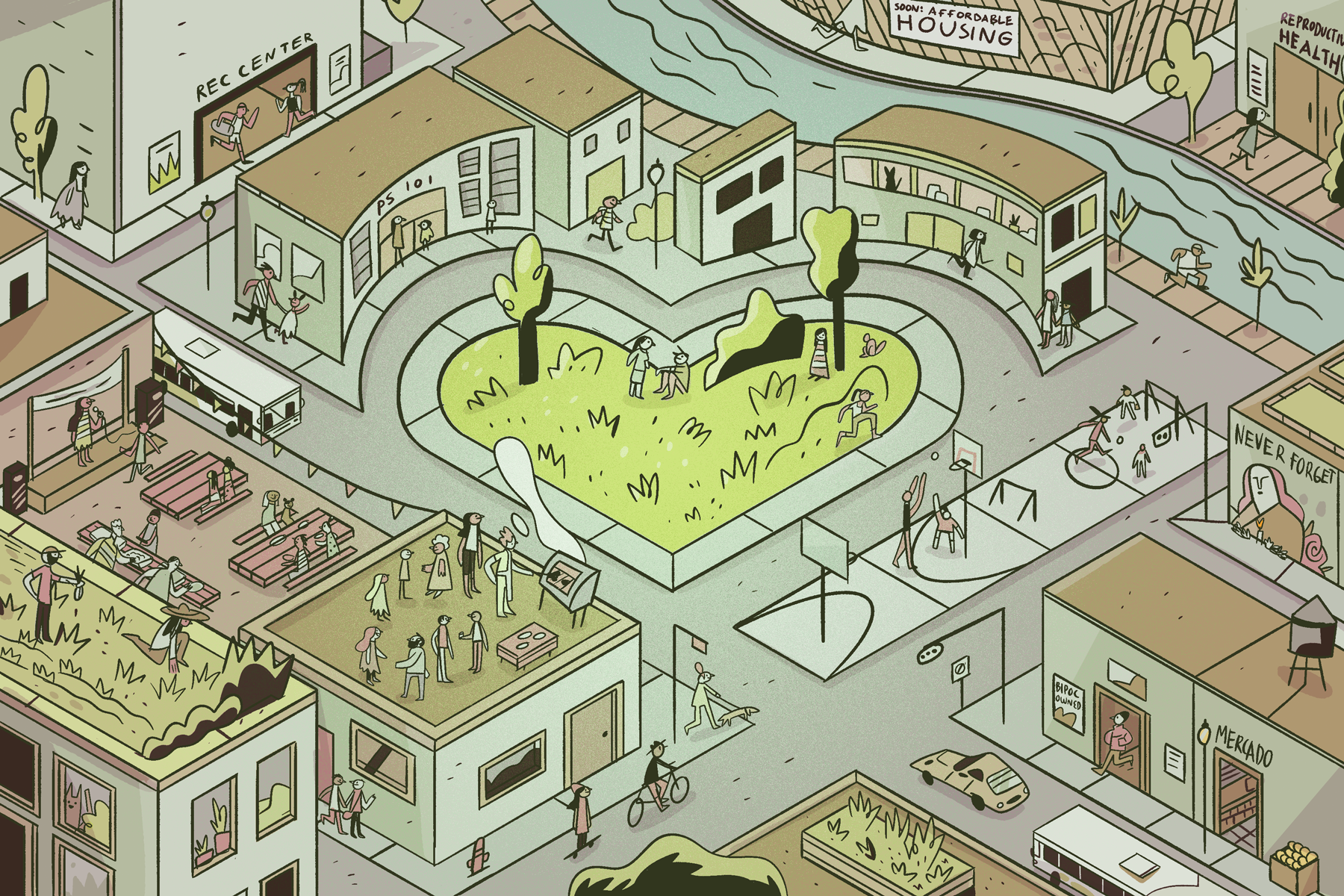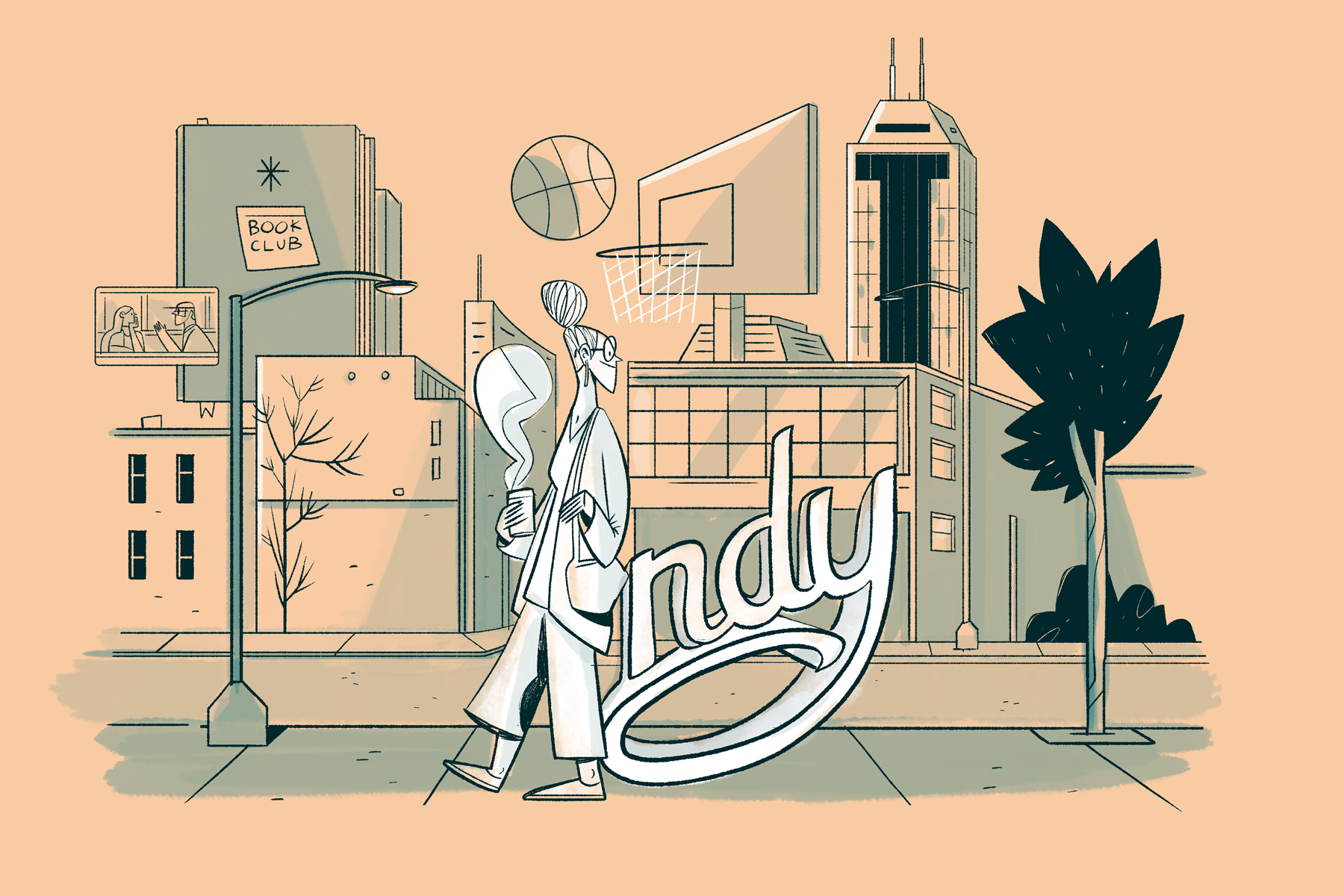
A City to Call Home
As a native of Indianapolis, I can recall spending a significant amount of my youth wishing I lived somewhere else. Somewhere cooler. A bustling metropolis where there were lots of things to do and see. A popular amusement park slogan at the time proclaimed there was “more than corn in Indiana,” but I couldn’t see it, even living in the state’s capitol. I could not wait to leave.
Fast forward about three decades (yes, I’m aging myself), and I’m still here. I’m living, working, and raising a family in Indianapolis. What changed my mind? Well, besides the affordable home prices, this is not the city of my childhood. It’s, dare I say, vibrant. Hip, even. (Again, I’m aging myself.) There’s constantly new restaurants to try and cultural events to experience. Even the skyline is different thanks to the Salesforce Tower, the hub of one of several major corporations that have chosen to locate here in recent years. With all of these new employers comes the need to preserve and expand Indy’s talent pool, which means convincing more young professionals to do what I did – stay. Not just stay, but put down roots.
Enter IndyHub, an organization specifically created to engage twenty- and thirty-somethings in Indianapolis with all it has to offer, helping them to identify civic and cultural opportunities that align with their interests and develop meaningful connections with peers and with the city itself. When Friday first partnered with IndyHub two years ago, the nonprofit’s efforts had, over time, been broadened to include recruiting talent from outside of the metro area and beyond, taking them somewhat off-course of their initial mission and stretching their capacity. Friday’s research and analysis suggested that IndyHub would experience greater impact with a more targeted audience, narrowing their focus to local college students, interns, new residents, and job candidates considering relocation. Friday then mapped out audience journeys for prospective, new, and unengaged current residents, demonstrating how each might be motivated to experience Indianapolis in a different way, and helped IndyHub craft tailored digital messages to drive these audiences to programs and opportunities that met their specific needs.
That narrowing and deeper focus on IndyHub’s target audiences was critical, according to Katelyn Sussli, the organization’s director of engagement, especially when COVID hit. How does an organization that convenes people continue to fulfill its mission while navigating social distancing? Leveraging their already strong engagement with young professionals on social media, Sussli says their small team put its “foot on the accelerator” and dove into virtual programming, offering close to 200 experiences in the first year of the pandemic. Those offerings, which included an online book club and an interview series with local leaders called Straight Up, were designed to help participants, stuck in their apartments and houses, feel less isolated.
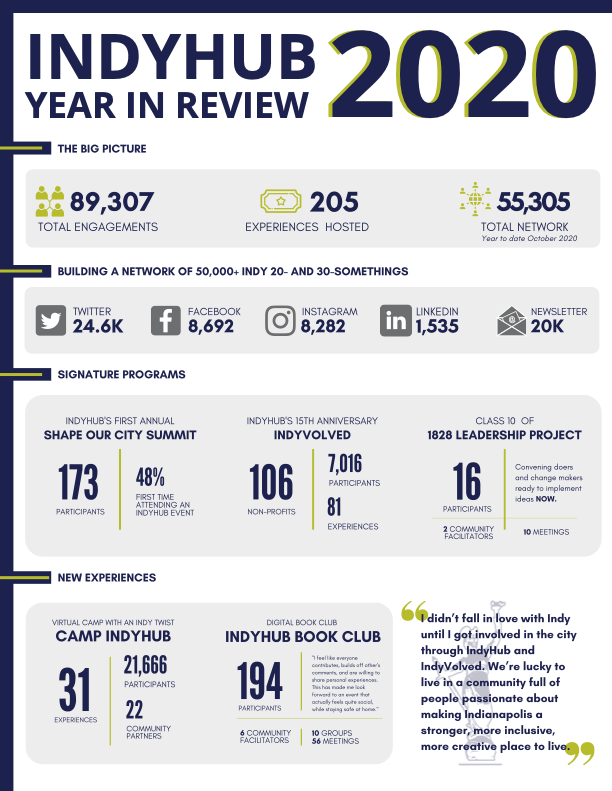
Understanding the “loneliness epidemic” – the high percentage of Millennials and Gen Z who reported feeling disconnected even before the pandemic – was a key finding in Friday’s research and a valuable insight for IndyHub. The organization had the information and infrastructure to act quickly and start creating spaces of belonging that extended beyond face-to-face interactions. The result has been expanded reach across every social media platform and skyrocketing views and engagement with their content. Even now, with the ability to host existing in-person events again like IndyVolved and even launch exciting new ones like the Shape Our City Summit, there is a continued emphasis on building digital audience and presence through hybrid experiences, which Sussli says has “really opened a new lane” for IndyHub.
“We were able to be a little bit ahead of the curve. To have Friday, as the experts, research how to do these things and to guide us in that process was extremely beneficial.” – Katelyn Sussli, Director of Engagement, IndyHub
Undoubtedly, it has also opened a lane for more young Hoosiers (some names never change) to find their place in Indy.
